menopause & HRT information
What is the menopause?
Menopause is the stage in a woman’s life when her periods cease. This happens because the ovaries stop producing eggs and as a result the levels of oestrogen, progesterone and testosterone decline. This process will happen to all women if they live long enough and it signifies the end of their fertile years. With increased life expectancy the modern woman can expect to live a third of their life in this post-menopausal stage.
Menopause is diagnosed if there has been no period for one year in women aged 50 years or older. For women under 50 years, it’s two full years without a period.
For most women menopause is a natural event and occurs around the age of 51. Up to 1 in 100 women will go through the menopause when they are less than 40, this is termed premature ovarian failure (POI). Menopause from age 40 -45 years is considered an early menopause. Some women may menopause in their mid-to-late fifties.
The time of your menopause is influenced by a number of factors including genetic factors, medical conditions and lifestyle factors. Women who menopause early may find that other members of their family may also have been affected by premature or early menopause.
For some women the menopause may be medically or surgically induced, for example when ovaries are removed for treatment of an underlying condition or following treatment for cancer. It is important for these women to be counselled in the effects of the loss of oestrogen and it is advisable for them to take oestrogen replacement therapy at least up until the age of natural menopause. This is to protect their bones and cardiovascular health.
What is the perimenopause?
The perimenopause defines the time from your first menopausal symptom to your last period. The perimenopause can start up to 10 years before your periods stop and as the symptoms are so variable it can be hard for the woman or her doctor to diagnose what is going on. For some women this time can be extremely difficult and frightening. It can put enormous stress on the women, their relationships and their jobs amongst other things.
Symptoms of perimenopause & Menopause
Symptoms can include some or all of the following:
Heart palpitations
Feeling tense or nervous
Sleep disturbance
Excitability
Anxiety
Poor concentration
Fatigue/lack of energy
Loss of interest in most things
Low mood
Crying
Irritability
Headaches
Numbness in the hands
Crawling sensations in the skin/muscle twitches
Aches and pains
Hot flushes
Night sweats
Loss of libido

take control of your menopause - endurance is not the only option!
Hormone Replacement Therapy (HRT) has improved substantially in recent years. There are many forms and doses of HRT and the right choice varies from person to person. In general, I try to use body-identical hormones rather than synthetic hormones. These hormones are derived from the Yam root and have the same molecular structure as the oestrogen and progesterone produced in the body. These hormones tend to be better tolerated and safer than the older synthetic HRT products.
Over the last 20 years HRT has had a lot of well-intentioned but inaccurate negative publicity. The scare stories of breast cancer and stroke risk arose as a result of studies which have since been re-evaluated and found to be deficient in many ways. It is now understood that, for the vast majority of women, the potential benefits of HRT far outweigh the risks. Unfortunately, because of this negative publicity, many women, and sometimes even their doctors, are not fully aware of the potential benefits that HRT can offer them.
Such benefits may include improved bone health (reduced risk of osteoporosis) and improved cardiovascular health with a decreased risk of heart attack and stroke. These benefits are maximised by starting HRT early in your menopausal journey. If you start HRT more than 10 years after your menopause over the age of 60 many of these benefits will no longer apply. Other potential benefits may include a reduction in the risk of dementia, bowel cancer and type 2 diabetes, but these are areas which require further study to definitively evaluate.
Regarding the risks, the main risk that people are aware of is the increased risk of breast cancer in women taking HRT. The baseline risk of developing breast cancer is approximately 1 in 8 for all women and the older you get the higher the risk. Sadly many women will develop breast whether they take HRT or not.
For women under 51 who take HRT, there is no increased risk of breast cancer. For women taking HRT over the age of 51 there is a slightly increased risk of developing breast cancer. However, to keep it in perspective, this small increased risk is less than that incurred by drinking two units of alcohol per day or by having a BMI over 30. For women who have had a hysterectomy and are taking oestrogen-only HRT, the risk of developing breast cancer is lower than in women who do not take any HRT.
Oral HRT can be associated with a small increased risk of clots and stroke. However, this risk can be eliminated by the use of transdermal HRT preparations such as patches or gels.
There are only a few contra-indications to HRT. These include active liver disease, unstable cardiac conditions, recent thromboembolic events (for example stroke or blood clot), active breast or endometrial cancer and undiagnosed vaginal bleeding.
All of these potential benefits and risks are evaluated and discussed in the initial consultation and in the formation of the personalised menopause management plan.



